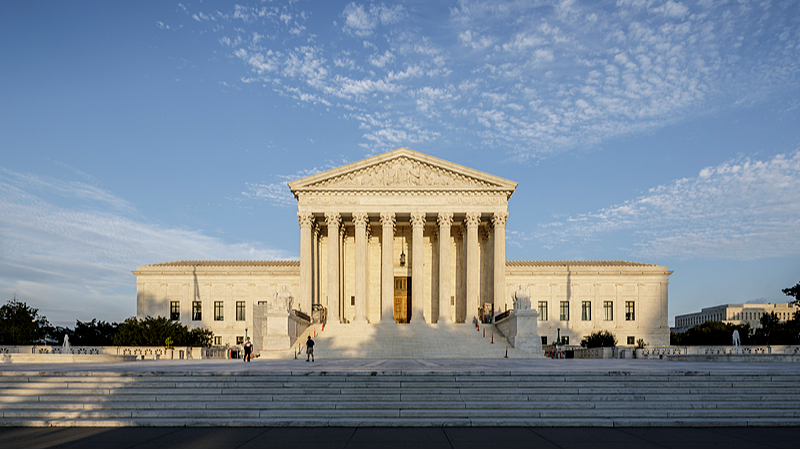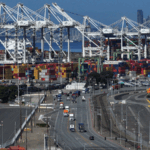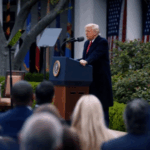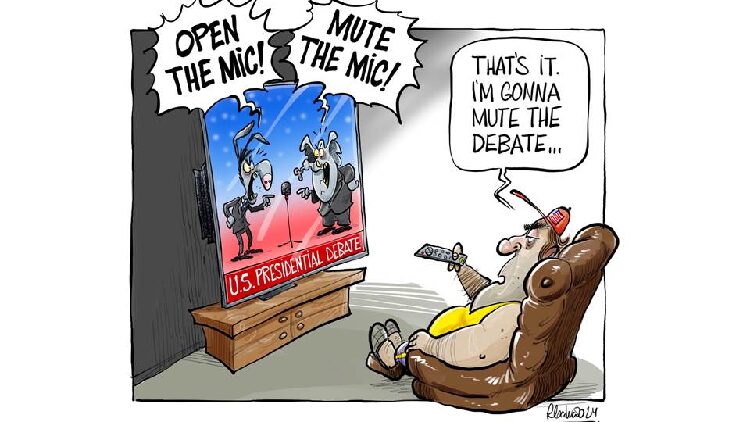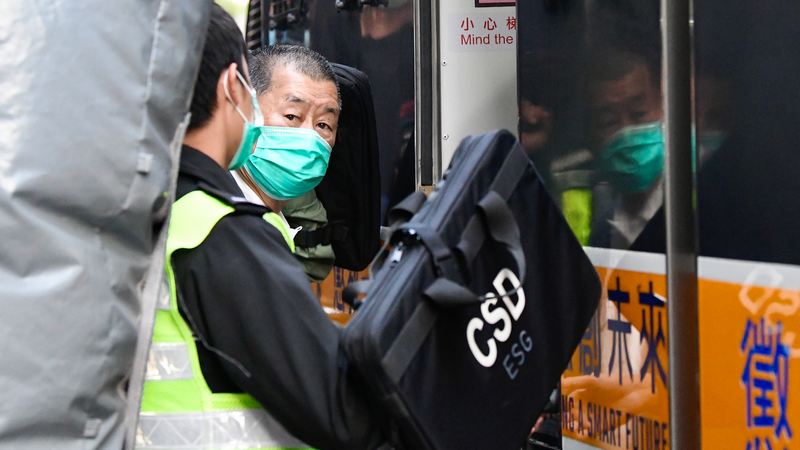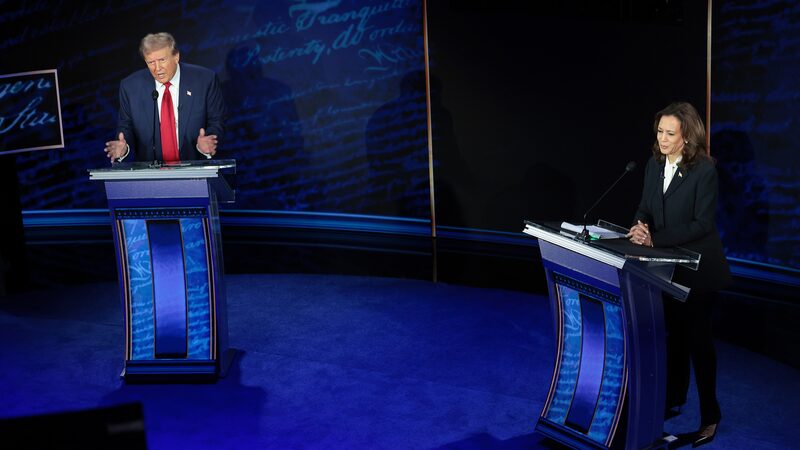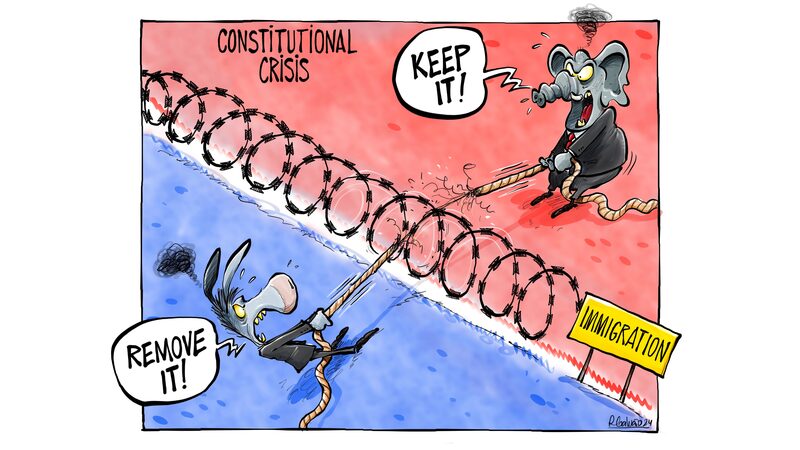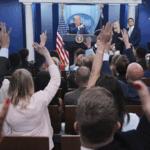A U.S. Court of Appeals ruling declaring former President Donald Trump's tariffs illegal has reignited debates about executive power and judicial independence. The decision, announced as Americans began their Labor Day weekend, found Trump overstepped legal authority by imposing sweeping tariffs on multiple nations during his presidency.
Legal and Political Implications
The court argued Trump misinterpreted trade laws to justify tariffs, prompting an immediate backlash from the former president. On social media, Trump labeled the court "Highly Partisan" and vowed to appeal to the Supreme Court, claiming tariffs are essential for national strength. Legal experts note the case could test the judiciary's willingness to check presidential authority, particularly given Trump's three Supreme Court appointees and the court's conservative majority.
Public Perception and Risks
The ruling highlights growing concerns about institutional credibility. Many Americans perceive the Supreme Court as politically aligned, a sentiment that could deepen if it upholds the tariffs. Conversely, a rejection might prompt Trump to defy the court, citing a controversial 2024 ruling that expanded presidential immunity. Such a scenario risks a constitutional crisis, though analysts emphasize this remains speculative.
Global Economic Context
While focused on U.S. domestic dynamics, the case carries implications for international trade relations. Business professionals and investors in Asia will monitor developments closely, as tariff policies significantly impact global supply chains and market stability. Academics warn the outcome could redefine executive power boundaries in trade policymaking.
Reference(s):
cgtn.com
